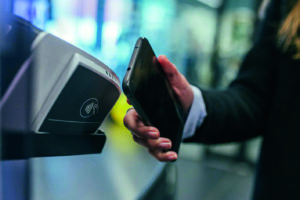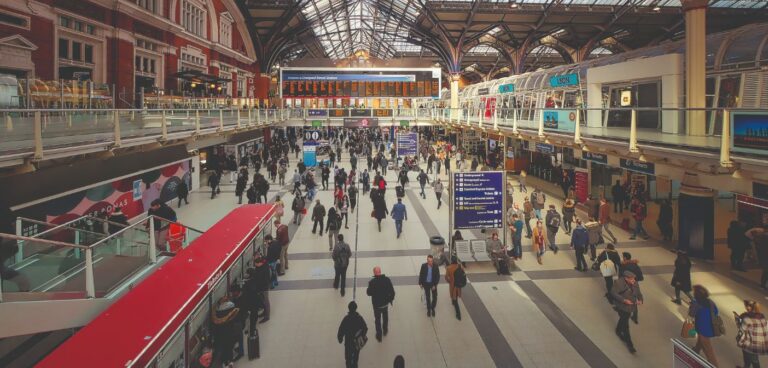Worldline explains why wholesale change, reform and a customer-centred approach is needed to realise a better, fairer, cleaner and more connected society…
Efficient transport is critical to a successful, thriving and modern economy. Public transport is particularly important in its role of enabling social mobility, and fair and equal access to services and job opportunities. Removing access to public transport in a modern society would create a huge divide in how people access job opportunities. These are just some reasons why public transport is often a key agenda point for national and local governments.
Covid-19 undoubtedly had an impact on public transport use, but equally, it demonstrated how vital these services are for key workers and the overall structure of essential services in the economy. The sharp reduction in private (primarily car) travel in March 2020 also alerted people to the way in which emissions were affecting their neighbourhoods. The change in air quality and noise levels by removing much of the car traffic was immediate and allowed people a glimpse of what a future characterised by clean, quiet public transport systems could look like.
While there have been schemes to encourage people back to public transport, the infrastructure of public transport is much the same as it has been for many years. Privatisation of these key services, particularly rail, has inadvertently created a system dominated by arcane regulation, and run for the benefit of operators, not the customers who use them. Compounded by issues such as poor service, overcrowding, high and opaque fares and a general lack of trust or desire from the public to engage with the services out of choice, the system needs to change. The only way we will convince the car-driving population that public transport is a viable, comfortable, and more affordable option for their transport needs is through wholesale change, reform, and a newly invigorated focus on the customer.

Engaging with Mobility-as-a-Service (MaaS) approaches, including connected digital payment methods, flexible journey planning and tickets, transparency in pricing and more, will serve to convince people there is a way to travel other than by car. Local governments, such as in the West Midlands, recognise the importance of having strong connected and affordable public transport systems – not just for economic benefits, but for environmental ones, too. A more holistic view of public transport in its totality, with the customer at the centre, will maximise the chances for schemes and incentives to achieve the aim of getting people out of their private cars.
To stand any chance of success, both industry and government must commit to change. There needs to be a commitment to empowering individuals with the tools and authority to deliver joined-up services, based on responsible data use, that are managed and delivered holistically for the benefit of society. It needs to stay high on the political agenda at both a national and local level – taking commitment and dogged determination across the board.
A consideration of so-called ‘carrot and stick’ tactics designed to encourage people toward public transport and away from private vehicles requires both a careful approach and understanding of human behaviours and patterns of movement. Politicians and transport authorities must ask: Why are people not currently choosing public transport? When do they need public transport? What do they want from the experience? How do they want to pay and map out their journey?

There is a once in a lifetime opportunity now to get public transport higher up the political agenda and for people to get involved and have their voices heard more clearly, at a time of shifting working patterns and emerging movement behaviours. It has been refreshing to see steps in the right direction by some regional governments, but this needs to continue and grow, as well as feeding down to the micro level so that truly connected, transparent and reliable public transport can be accessed by all, regardless of where people live.
A commitment to long-term investment, joined-up MaaS approaches, and incentives that prioritise public transport as the preferred means of travel will all need to work together to deliver a better, fairer, cleaner, and more connected society.
For more information, please contact Martin Howell, director, transport markets, UK and Ireland, Worldline, on 0800 783 3040 or at martin.howell@worldline.com





